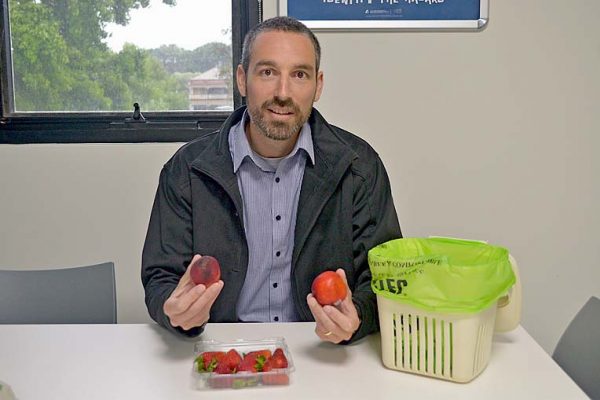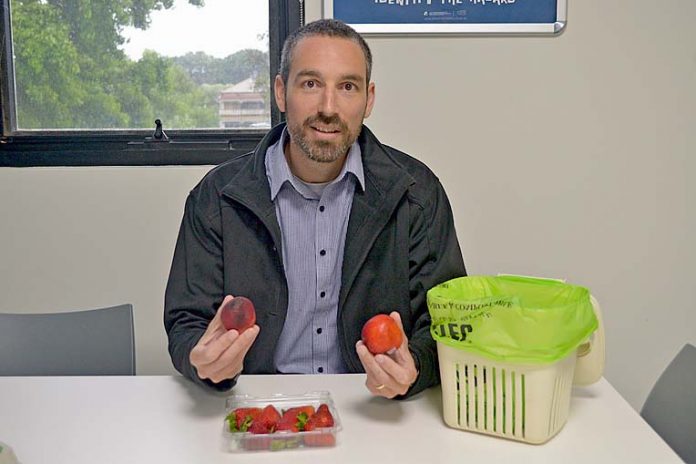
DIVERTING compostable materials from landfill could save city ratepayers thousands of dollars, according to Mount Gambier City Council.
Waste management was among the topics of discussion at this month’s operational standing committee meeting, as elected members received a report outlining alternative leachate disposal methods.
Management of contaminated storm water leaching from landfill costs council more than $150,000 every year.
“By far the biggest saving the community can make in terms of waste management is to divert compostable materials out of general waste bins and into kitchen caddies and green waste bins,” Cr Steve Perryman said.
“It costs council somewhere between $150,000 and $200,000 to deal with the toxic liquid that food waste produces – it is a huge cost.”
Cr Perryman suggested council target commercial food premises through an initiative similar to its caddy system for household kitchens.
“We rolled out the kitchen caddy system after a successful pilot program,” Cr Perryman said.
“It would be worthwhile going back to the drawing board and starting another pilot program to see what works in a commercial space.
“Every commercial operation will have different requirements and this will be on a larger scale than the caddy – these businesses have hundreds of kilograms of food waste per week.”
Mayor Lynette Martin echoed similar sentiments.
“We need to embark on another good education program around the kitchen caddy system,” she said.
“I’ll admit I have just started to use it and I am staggered at the amount of waste that goes in there – my household bin now goes out with very little in it.”
The discussion follows council announcing its partnership with Compost Revolution, an online platform encouraging Australians to turn food scraps into soil and fertiliser.
Council is offering residents free online training and discounted composting kits to recycle their food scraps at home and divert organic waste from landfill.
“According to our last household waste audit, more than 44pc of Mount Gambier’s rubbish bins consist of compostable waste and most of that is food waste,” environmental sustainability officer Aaron Izzard said.
“This represents a significant cost to the community and a lost opportunity to recover valuable organic nutrients that can be used to green our gardens and farms.”
The program is offering all city residents 50pc off a compost bin, compost tumbler, worm farm or bokashi bin.
“In the first week since launching, we have had over 30 households purchase composting gear through the program,” Mr Izzard said.
“We can only offer the discount on a certain number of composting kits, so it is a first in, best dressed scenario.
“I encourage people to get in quick before all the discounted gear goes.”








